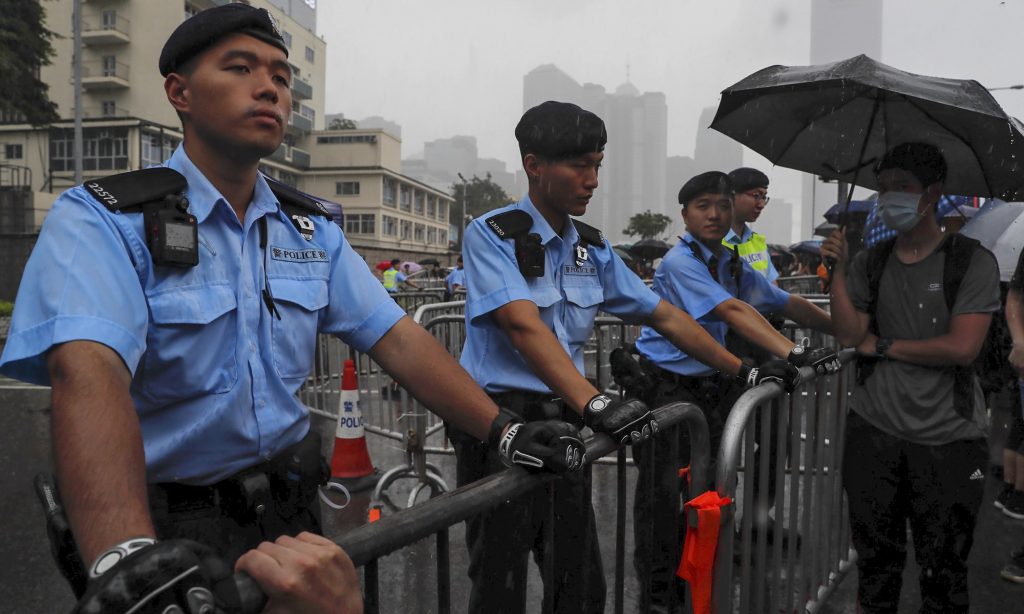Political instability is the state of a government or a country that is unable to offer its inhabitants the most basic services. Corruption, civil unrest, economic instability, and a lack of governmental equilibrium are just a few of the variables that might contribute to this instability. Political unrest has a big impact on migration. People are more prone to travel to other nations in quest of greater opportunities and a safer environment if they reside in politically unstable nations.

Political unrest has a multitude of implications on migration, including an increase in the number of refugees. Political unrest can also cause a brain drain, which has an impact on migration. Many of a nation’s educated and skilled inhabitants may decide to relocate to other nations in quest of better prospects when that nation is politically unstable. This might result in a huge loss of skill and knowledge inside the nation, which would be detrimental to its growth and economy.
Economic turmoil leading to unexpected migration flow
Unexpected migrant flows are frequently caused by conflicts and economic unrest. People frequently depart their homeland in search of safety abroad due to the instability and insecurity brought on by conflicts and economic downturns. This migratory movement may occur externally across borders or inside a single nation.
In addition to the immediate impact on individuals and families, unexpected migration flow can have wider social and economic consequences. It can strain the resources and infrastructure of host communities, leading to tensions and conflicts. It can also disrupt the labor market and affect the economic growth of both the host and the home countries.
The human cost of economic unrest; refugee’s stories from around the world
Refugees continue to face unimaginable challenges across the globe due to the turmoil in their home countries. Here are a few stories of refugees who have overcome adversity.
Ahmed
Ahmed is a 2015 immigrant from Syria who sought asylum in Germany. He was committed to integrating into his new community despite confronting challenges related to linguistic and cultural differences. Ahmed began giving his time to a neighborhood charity and finally found work translating for other refugees. He just received German citizenship, proving that his devotion and hard work paid off. His experience serves as a monument to the tenacity and perseverance of refugees.
A Syrian family
A Syrian family was compelled to pack up everything and travel in peril to safety due to economic unrest in their nation. The six-person family trekked through the desert for days without much food or water. They were ultimately saved by a charity and sent to a camp for refugees.
A Rohingya woman
Following is the account of a Rohingya lady who fled violence in Myanmar. She was compelled to leave her family and home behind and go in danger to Bangladesh. She spent months separated from her family before finding them in a camp for refugees.
Afghan family
And last, the tale of an Afghan family that abandoned their house because of the continuous conflict in their nation. Before being relocated to a new nation, they lived in a makeshift camp for several months. The family is appreciative of the chance to begin a new life despite the difficulties of adjusting to a new culture and language.
Challenges Faced by host countries
The burden on the host country’s resources is by far the biggest problem it faces. Infrastructure in a nation, such as that supporting housing, healthcare, and education, can be affected by immigration. Furthermore, increasing rivalry for employment brought on by immigration may cause friction between immigrants and inhabitants of the country of origin.
The possibility of cultural conflicts is another issue that high-immigration countries must deal with. Many times, immigrants bring their cultural customs and traditions with them, which might be extremely unlike those of the host nation. This may cause confusion and tensions among various communities living in the nation.
Despite these difficulties, there are several advantages to immigration. Immigration may help a nation innovate and prosper economically by introducing fresh viewpoints and talents. Immigration can also aid in addressing demographic issues like aging populations and falling birth rates.
Managing the effects of political unrest
Controlling the effects of political upheaval on migration can be challenging, but several measures can mitigate these impacts. First and foremost, it’s critical to support and help individuals impacted by political turmoil, especially those who have been ejected from their homes. Access to basic essentials like food, drink, and shelter as well as to medical attention and psychological assistance can all fall under this category. Working with governments and international organizations is crucial as well in order to address the underlying causes of political upheaval and advance stability. This might entail supporting democratic institutions, economic development initiatives, and diplomatic activities.
You may also like these related articles:
